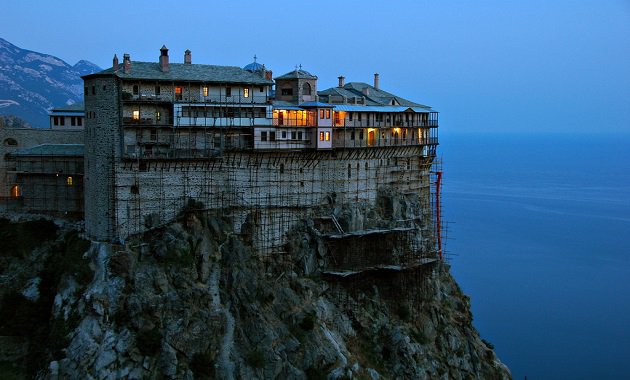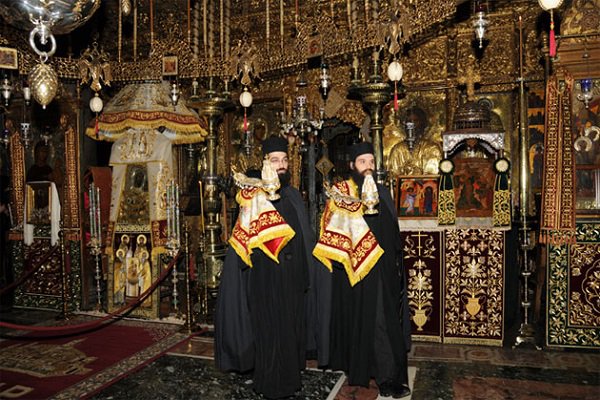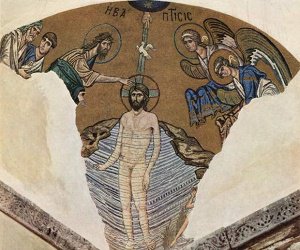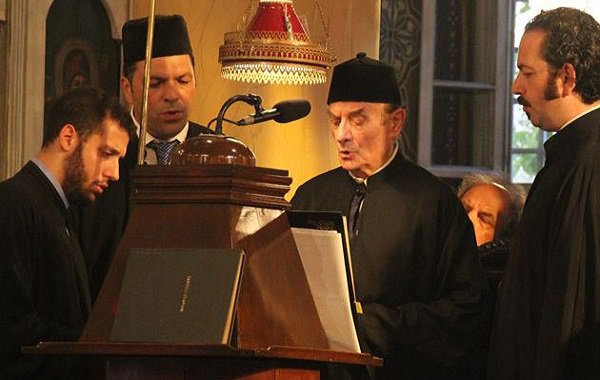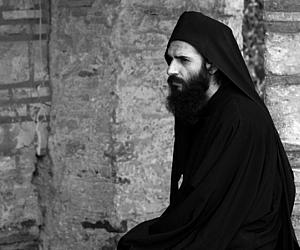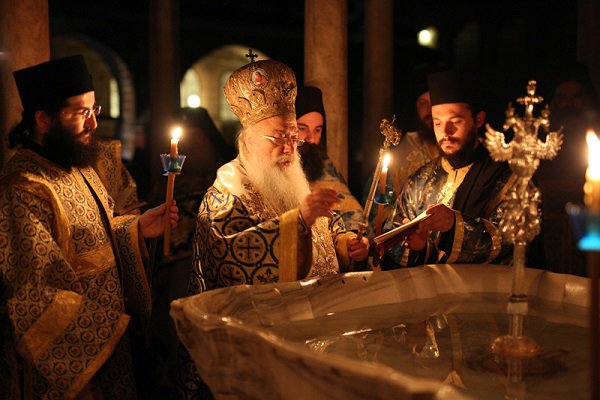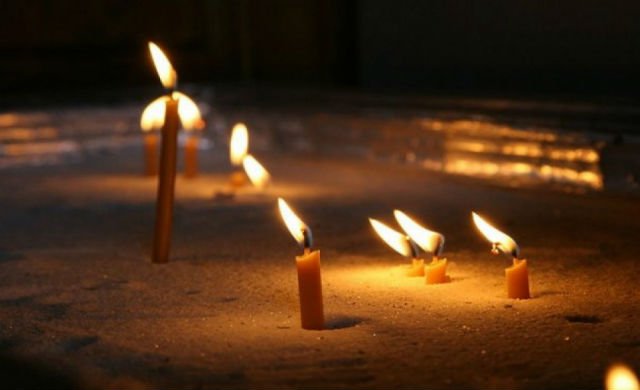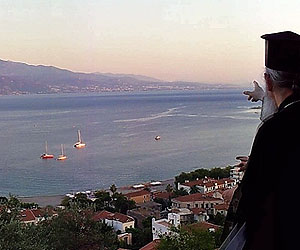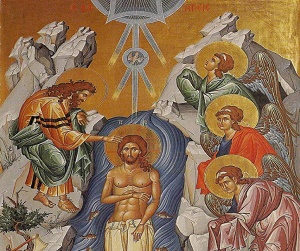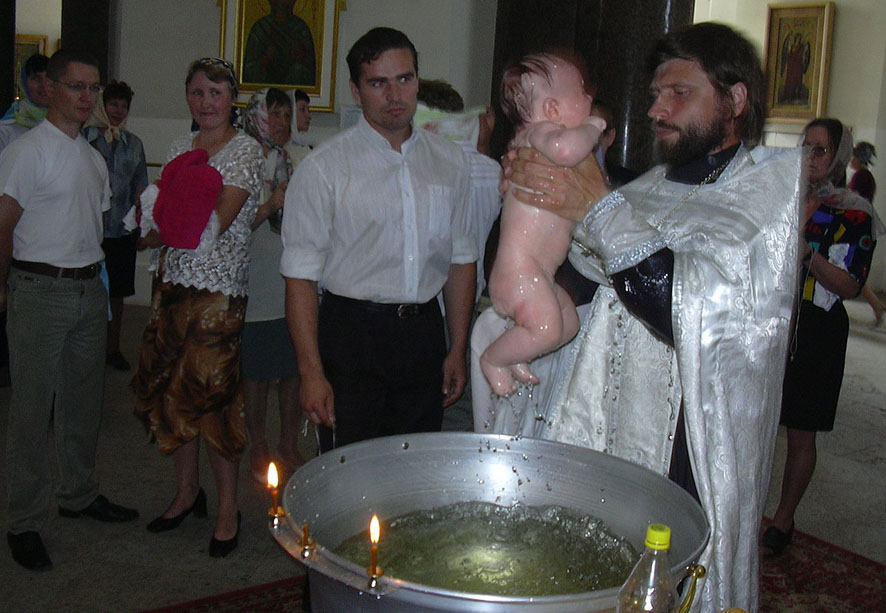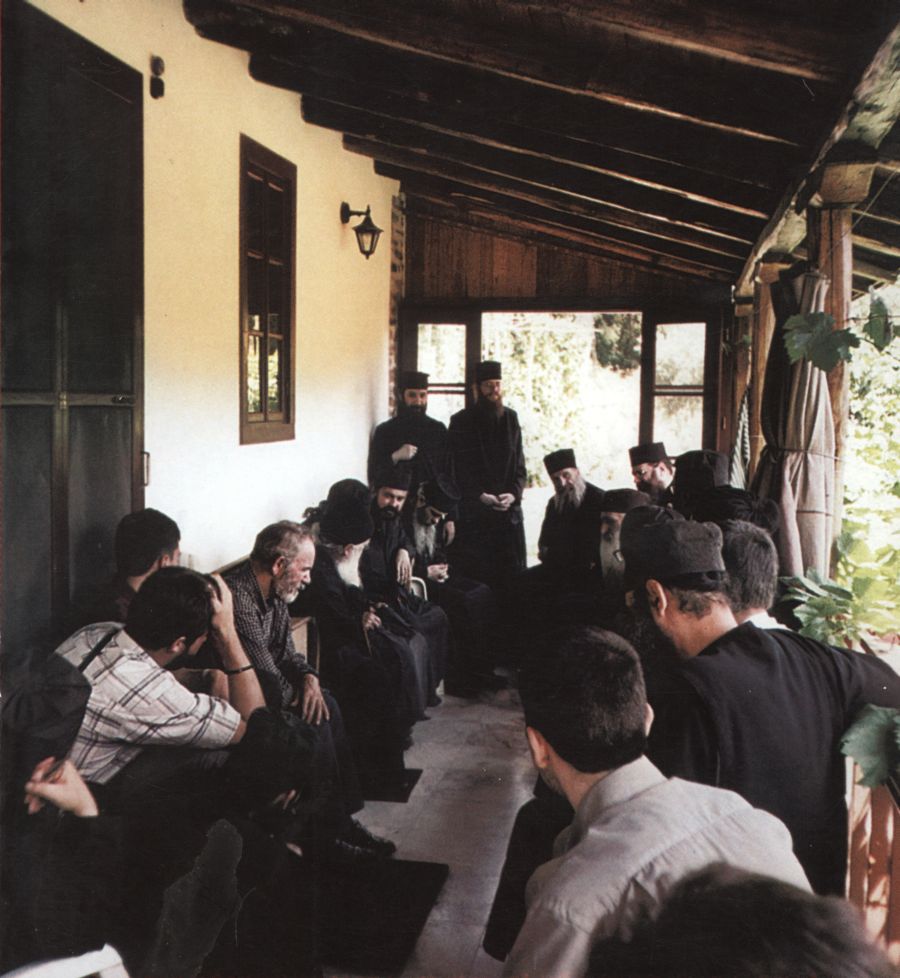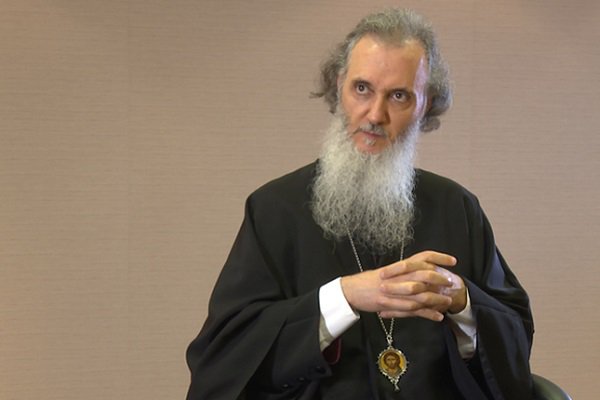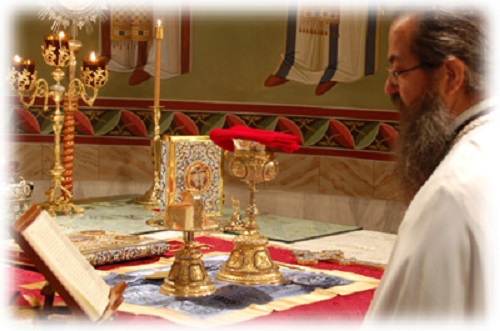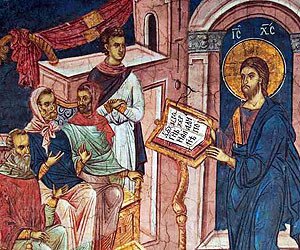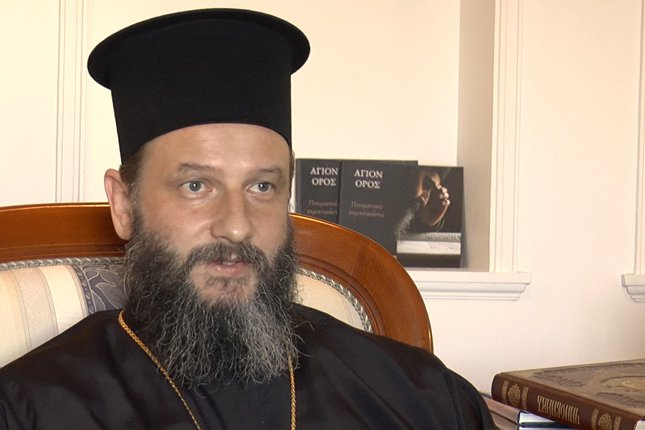Crisis! Crisis of many natures—political, social, family, youth, environmental, economic! Crisis of institutions and values. Wars, refugees, famine, poverty, unemployment, terrorism, and the ongoing ecological destruction of our planet: This is the image of humanity in a global scale. How will we exit this deep crisis that torments our era?
In Chinese, the word “crisis” is written with the same ideogram that is used for the word “opportunity.” And in the Greek, the word “crisis” also includes in its meaning, “energy,” which derives from the verb “to judge” and refers to the noetic energy that decides or chooses. Therefore the crisis that we endure could carry a positive effect if we use it as an opportunity for repentance, an opportunity for ...
Περισσότερα


